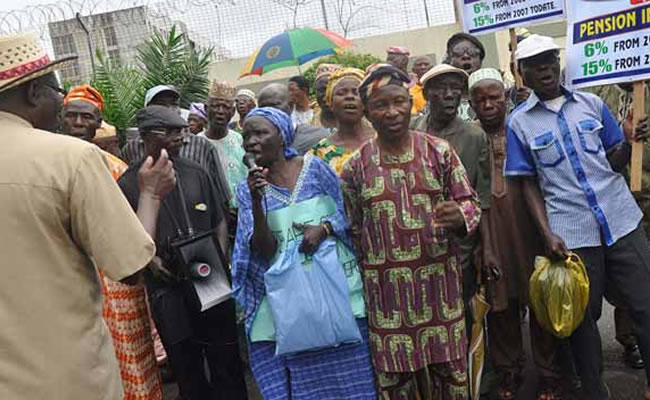600 million children worldwide risk death due to lack of access to safe water -UNICEF

The United Nations Children Fund (UNICEF) said about 600 million children around the world live in areas where there are no adequate and safe water and consequently will die of water related diseases by year 2040 if collective action is not taking to reverse the situation.
The Executive Director of UNICEF, Anthony Lake, made this known in Abuja on Monday while releasing UN agency’s report to mark this year’s world water day.
According to him, 37 countries, including Nigeria, are currently facing extremely high levels of water stress, which occurs when more than 80 per cent of the water available for agriculture, industry and domestic use is withdrawn annually. Warmer temperatures, rising sea levels, increased floods, droughts and melting ice affect the quality and availability of water.
He noted that water is elemental and without it, nothing can grow but around the world, millions of children lack access to safe water, thus endangering their lives, undermining their health, and jeopardizing their futures.
This crisis, UNICEF said, will only grow unless collective action is taken now.
“For Nigeria, the challenge is not lack of water resources such as rainfall or ground water but the availability of physical infrastructure to harness these water resources effectively.there are major differences in rainfall between the north and south making it all the more important to better plan and manage water resources to minimise the impact of flood and drought.
“As we work towards achieving the sustainable development goal of reaching every Nigerian with acess to save, functional, affordable and accessible water, we must manage water resources more efficiently to meet the needs of Nigerian’s growing population and economic development.’
Population growth increased water consumption, and higher demand for water largely due to industrialization and urbanization, are draining water resources worldwide. Conflicts in many parts of the world also threaten children’s access to safe water.
All of these factors force children to use unsafe water, which exposes them to potentially deadly diseases like cholera and diarrhoea. Many children in drought-affected areas spend hours every day collecting water, missing out on a chance to go to school. Girls are especially vulnerable to attack during these times.
The poorest and most vulnerable children will be most impacted by an increase in water stress, as millions of them already live in areas with low access to safe water and sanitation.
He also stated further, 260 million children live in areas where the risk of floods is extremely high and open defecation is widespread, threatening to contaminate water sources with human waste; Over 800 children under the age of five die every day from diarrhoea linked to inadequate water, sanitation and hygiene;
Globally, women and girls spend 200 million hours collecting water every day. The impact of climate change on water sources is not inevitable.
The UNICEF boss however, stressed the need for governmnet at all levels to plan for changes in water availability and demand in the coming years; Above all, it means prioritizing the most vulnerable children’s access to safe water above other water needs to maximize social and health outcomes.
Also, climate risks should be integrated into all water and sanitation-related policies and services, and investments should to target high-risk populations, Businesses need to work with communities to prevent contamination and depletion of safe water sources, Communities themselves should explore ways to diversify water sources and to increase their capacity to store water safely.
“In a changing climate, we must change the way we work to reach those who are most vulnerable. One of the most effective ways we can do that is safeguarding their access to safe water,” he added.








